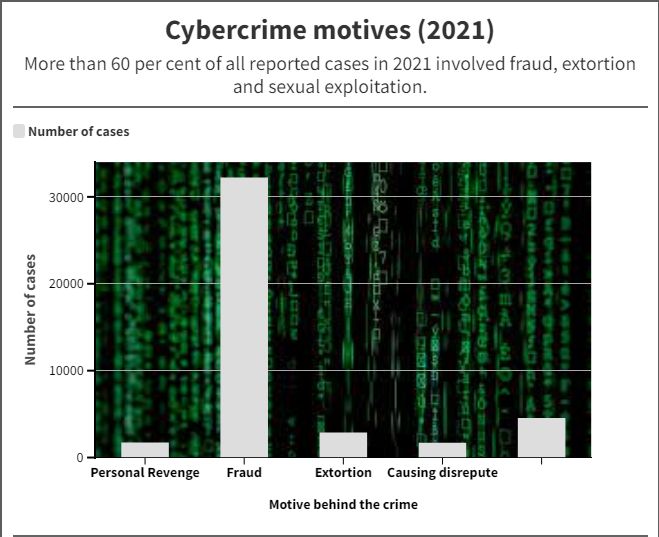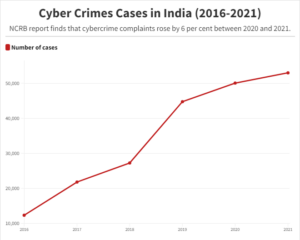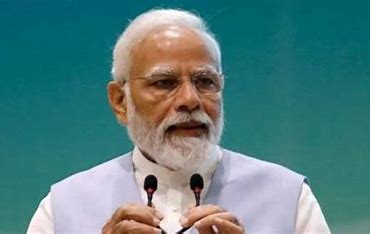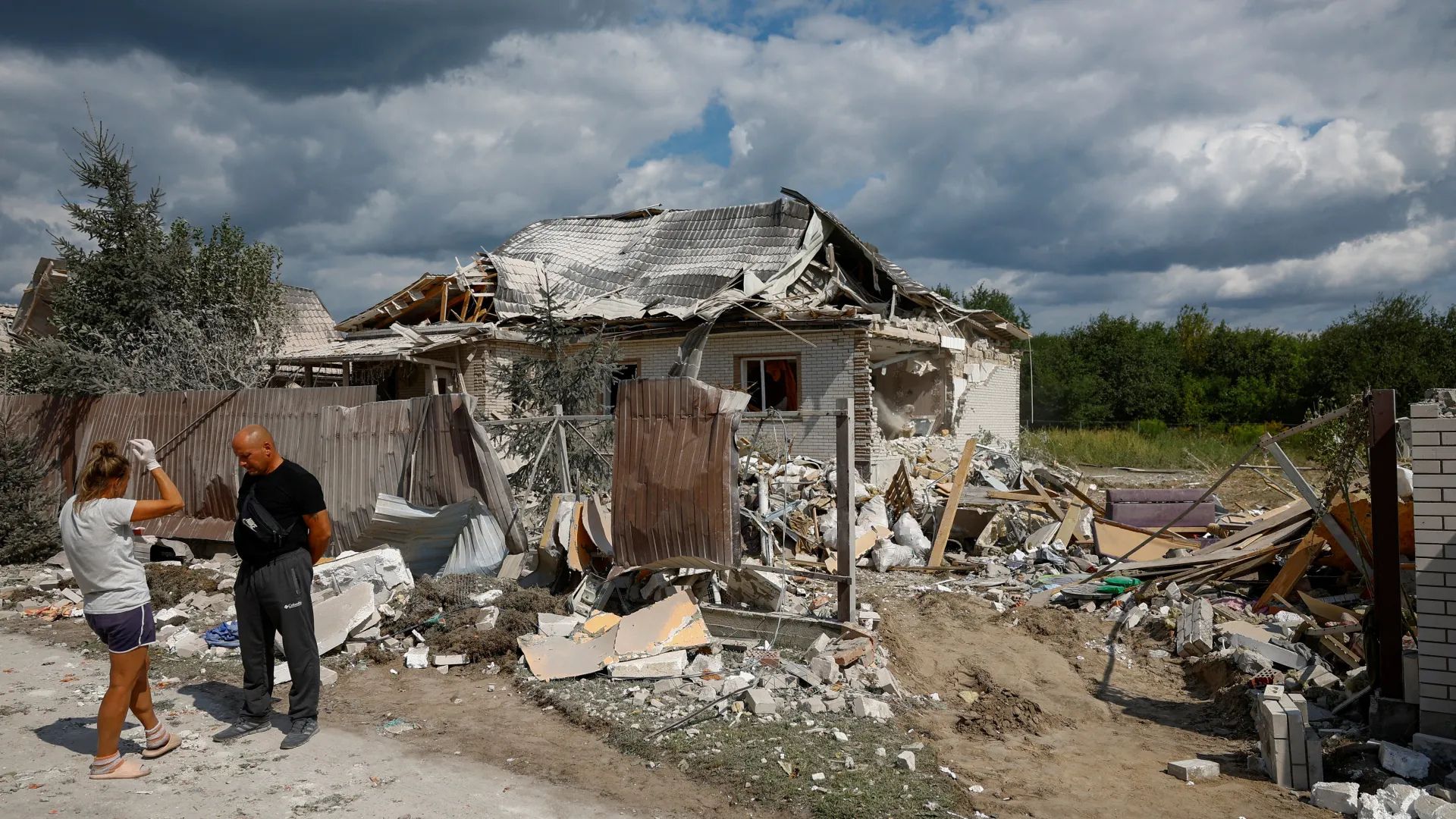
Nuh district, formerly known as Mewat district, is one of the 22 districts in Haryana. There are four sub-divisions in this district: Nuh, Ferozepur Jhirka, Punahana, and Taoru. It has an area of 1,860 square kilometres. It is bounded by Gurugram District to the north, Palwal District of Haryana to the east and Alwar district of Rajasthan to the south and west. Its boundaries also touch Bharatpur district of Rajasthan and Mathura District of Uttar Pradesh near Bichhor Village and Nai Village of Punhana Tehsil. It is predominantly populated by farmers of Meo ethnicity.
Crime scenario

According to the data of the National Crime Records Bureau (NCRB), there have been several incidents of rioting between 2017 and 2021—but none of these were communal riots. There have been a total of 1,536 public riots. Of these, 524 riots took place over landed property and 376 family riots.
As per the 2011 Census, around 79.2 percent of Nuh’s total population of around 11 lakh people were Muslims, while Hindus comprise 20.4 percent.
The NCRB states that 1,346 cybercrime cases originated from Nuh in the last six months.
As of June 2023, the cybercrime cell has blocked five lakh Sim cards that were used in the Mewat region for cyber fraud across the country, according to official reports.
Data released by the State Crime Branch has revealed that around 300 incidents of online fraud have surfaced on average in the district.
Nuh SP Varun Singla said in May that there has been a decline of 26 percent in the number of complaints filed on the National Cyber Crime Reporting Portal from the district.
Around 8,500 cases have been reported every month in Haryana, according to the Haryana Crime Branch.
Educational profile of Nuh
Nuh district in Haryana has been grappling with numerous educational challenges, making it one of the less developed regions in the state. The education status in Nuh faces several issues, including low literacy rates, inadequate infrastructure, and limited access to quality education. The government has initiated various schemes and initiatives to address these challenges and uplift the education standards in the region.
However, the Annual State of Education Report (ASER) 2022 reveals a grim reality. Nuh district ranked among the worst-hit districts in Haryana, with learning levels of students experiencing a sharp decline during the pandemic years. The disruption caused by the pandemic reversed the gains made in improving learning levels in most rural parts of the state.
According to ASER 2022, Haryana witnessed a significant decline in students’ learning levels since 2018, making it one of the state’s worst affected. Nuh emerged as the worst performing district in terms of children out of school, with 5.1% of those surveyed being out of school, despite overall enrolment showing an increase across the state since 2018. Faridabad and Palwal followed with 1.8% and 1.7% of children out of school, respectively.
Among those enrolled in schools, a staggering 85% of students in classes 3 and 5 in Nuh were unable to read Class 2-level text in Hindi. Mathematics also posed a major concern, as 74% of children in classes 3 to 5 struggled with basic subtraction problems.
Nuh was not the only district facing such challenges. Kaithal (68%) and Fatehabad (67%) were among the other districts with alarming percentages of students unable to read Class 2 Hindi text. In mathematics, Palwal reported a distressing figure of only 39% of students being able to solve basic subtraction problems. Karnal ranked as the third-worst performer in this segment, with 45% of students facing difficulties in basic subtraction.
The ASER survey covered 20 households each in 600 villages across 21 districts of Haryana, highlighting the magnitude of the educational crisis.
The education system in Nuh district faces multiple challenges. One of the critical issues is the scarcity of schools, compounded by the lack of teachers. A staggering 111 schools in the district are operating without any teachers, while 93 schools have only one teacher. Moreover, 74 primary-level schools have no teaching staff at all. The shortage of senior secondary schools forces many students to travel nearly 20 kilometres to reach such schools.
Health challenges
Nuh district in Haryana faced various health challenges, similar to its education status. It was one of the less developed districts in Haryana, with healthcare facilities and infrastructure being relatively limited compared to other regions.
Nuh district in Haryana has long been grappling with various health challenges, mirroring its overall less developed status. The district’s healthcare facilities and infrastructure have faced significant limitations, presenting obstacles to the well-being and medical care of its residents.
One of the primary concerns in Nuh is the inadequacy of healthcare infrastructure. The district lacks sufficient healthcare centres, hospitals, and medical facilities to cater to the healthcare needs of its population. The shortage of healthcare professionals, including doctors, nurses, and paramedical staff, further compounds the issue. This scarcity of medical personnel hampers the delivery of timely and quality healthcare services to the people.
The lack of proper healthcare infrastructure is exacerbated by the region’s geographical remoteness. Nuh is situated away from major urban centres, making access to medical facilities even more challenging for the local population. The transportation and road network in the district are inadequate, making it difficult for residents to reach distant healthcare centres during emergencies or for regular medical check-ups.
The lack of awareness about healthcare and health-related issues is another significant challenge in Nuh. Health literacy levels are relatively low in the district, and many residents lack knowledge about preventive measures and basic healthcare practices. This lack of awareness leads to delayed medical interventions and can exacerbate health conditions.
Nuh district’s health status is also impacted by socio-economic factors. The district has a significant population of marginalized and economically disadvantaged communities. Poverty and lack of access to proper nutrition further contribute to the prevalence of health issues, especially among children and pregnant women.















